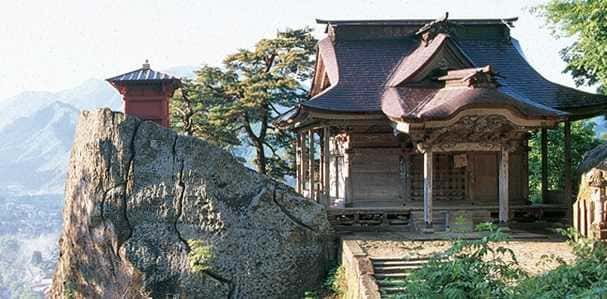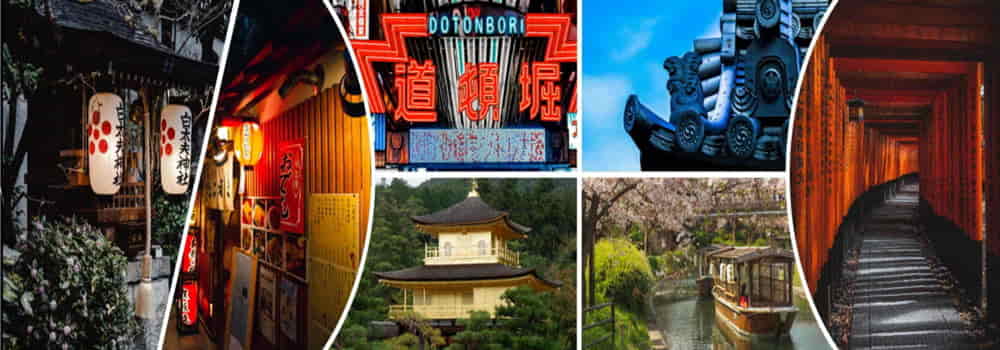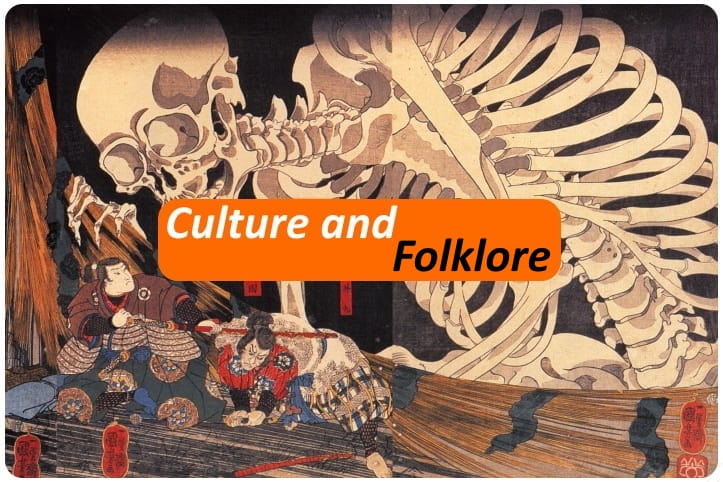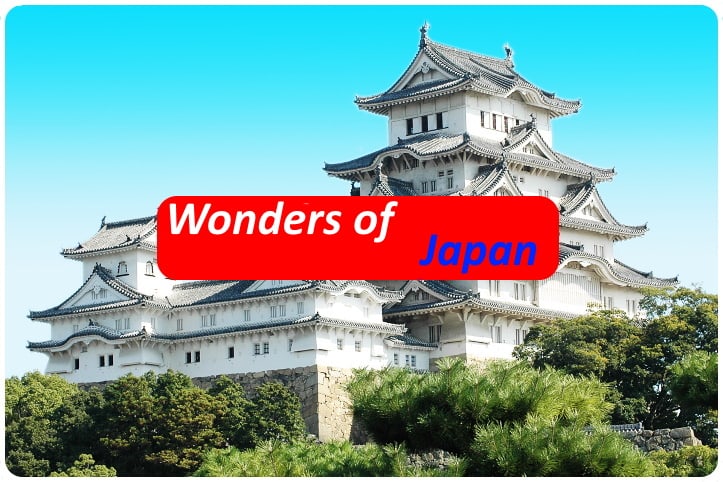Yamadera 山寺 a Jewel Among the Mountain

Yamadera or the "Mountain Temple", as more commonly called, is easily reached in about twenty minutes by train from the city of Yamagata, Yamagata Prefecture.
The Yamadera Temple, historic site that is within the cultural-landscape protected monuments of Japan, is a few minutes walk from Yamadera Station.
The station is served by JR Senzan line that connects the city of Sendai and Yamagata, and you can get there either from Yamagata Station in about 20 minutes, or from Sendai station in about one hour.
Both are JR lines so are covered by Japan Rail pass, without additional cost.
The areas also takes its name from the main temple Risshaku-ji (立 石 寺), founded in 860 AD by monk Ennin (円 仁), known in Japan with the posthumous name Jikaku Daishi (慈 覺 大師) which became the main monk of Tendai (天台 宗) Japanese school of Mahayana Buddhism at Enryaku-ji (延 暦 寺).
The Risshaku-ji was created as a branch of Enryaku-ji on Mount Hiei near Kyoto in 'Heian Period (794-1185) to perform the functions of the temple for the rural area of the province of Dewa (modern Yamagata area Akita).
The Risshaku-ji was created as a branch of Enryaku-ji on Mount Hiei near Kyoto in 'Heian Period (794-1185) to perform the functions of the temple for the rural area of the province of Dewa (modern Yamagata area Akita).

Most of the Risshaku-ji was destroyed during the local wars of the 16th century and was rebuilt in 1543 under the Enkai monk. The Konpon-Chudo we see today is the Muromachi period (1333-1568) erected by Shiba Kaneyori, lord of the castle Yamagata, using as a building material, beech, a fairly rare type of wood.
In the Edo period (1600-1868) Risshaku-ji was a powerful fiefdom which numbered 1,420 koku (unit of measurement of time connected to the rice, the amount that was deemed necessary in a person's livelihood in a year, about 150 Kg) to today is an important cultural and religious site of Japan.
In the Edo period (1600-1868) Risshaku-ji was a powerful fiefdom which numbered 1,420 koku (unit of measurement of time connected to the rice, the amount that was deemed necessary in a person's livelihood in a year, about 150 Kg) to today is an important cultural and religious site of Japan.

One of the features of this site is the location, a jewel among the mountains, in a beautiful mountain, surrounded by cedar trees and a "staircase" stone of well 1015 steps. A challenging course (especially in summer) but in the end offers a beautiful sight of the area and the temple.
Among the cultural relics in the temples located there is the wooden image of Yakushi Nyorai (Bhaisajyaguru the Buddha, or the Buddha of Medicine) that is the image of the mother in the main temple.
Among the cultural relics in the temples located there is the wooden image of Yakushi Nyorai (Bhaisajyaguru the Buddha, or the Buddha of Medicine) that is the image of the mother in the main temple.

Yama-dera is known from the Japanese and not for haiku (a literary work consisting of three verses seventeen overall more, according to the 5/7/5 scheme.) The poet Matsuo Bashō, who wrote his famous haiku "ah this silence / sinks in the rocks / cicada voice "in 1689.
It 'an incredible place, and beyond your religious beliefs (this is a very important site for Buddhists) I find it full of energy; from the landscaping point of view it is one of the few temples in Japan that combines with nature, which is so part of it that seems so natural.
From a cultural point of view, it offers historical and artistic pearls as a few of the rising sun temples can do.
It 'an incredible place, and beyond your religious beliefs (this is a very important site for Buddhists) I find it full of energy; from the landscaping point of view it is one of the few temples in Japan that combines with nature, which is so part of it that seems so natural.
From a cultural point of view, it offers historical and artistic pearls as a few of the rising sun temples can do.


 English (United Kingdom)
English (United Kingdom)  Italiano (it-IT)
Italiano (it-IT) 






![[Review] Princess Toyotomiプリンセス トヨトミ](https://www.fukainihon.org//cache/mod_jt_contentslider/fdfb524f85518b9476158c79c8ea022f_328.jpg)


